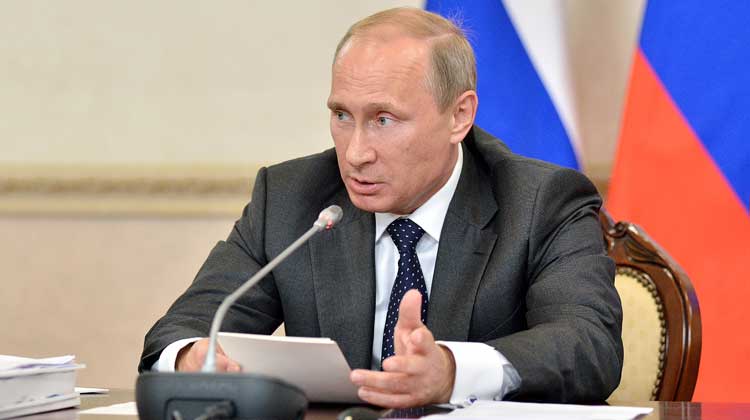
The “Great Game” is synonymous with the British and Russian geopolitical power rivalry in central Asia of the 19th and early 20th century. Now, that same rivalry has replicated itself in Syria, with the United States replacing Britain as Russia’s geostrategic adversary.
So far, President Trump has cobbled together a narrowly focused strategy for Syria, eerily similar to the policy pursued by the Obama administration. Russia is testing the very foundation of U.S. and international security. How Washington responds will have consequences for other regions of the world, including U.S. adversaries such as China and North Korea.
Trump Forms International Coalition and Strikes Syria
Early this year, Trump sent a message that was different from those of his predecessor. Trump mobilized an international coalition to strike back at Syrian President Bashar al-Assad’s regime for its use of chemical weapons against his own people, while minimizing Syrian civilian, Russian and Iranian casualties.
The military strike set back Assad’s chemical weapons program, but it didn’t destroy his ability to use and produce chemical weapons. Also, it didn’t deter Assad from using his conventional forces to attack civilian populations. Those military forces, aided by Russia and Iran, have been his primary tool for attacking anti-regime forces.
Trump Contemplates Leaving Syria
Trump has signaled that he has no intention of prolonging U.S. involvement in the Syrian civil war. However, U.S. allies, senior military commanders and government officials have openly advised the President that it would be a mistake to prematurely remove military forces from northeastern Syria without any semblance of stability there.
Continue reading here.
Share